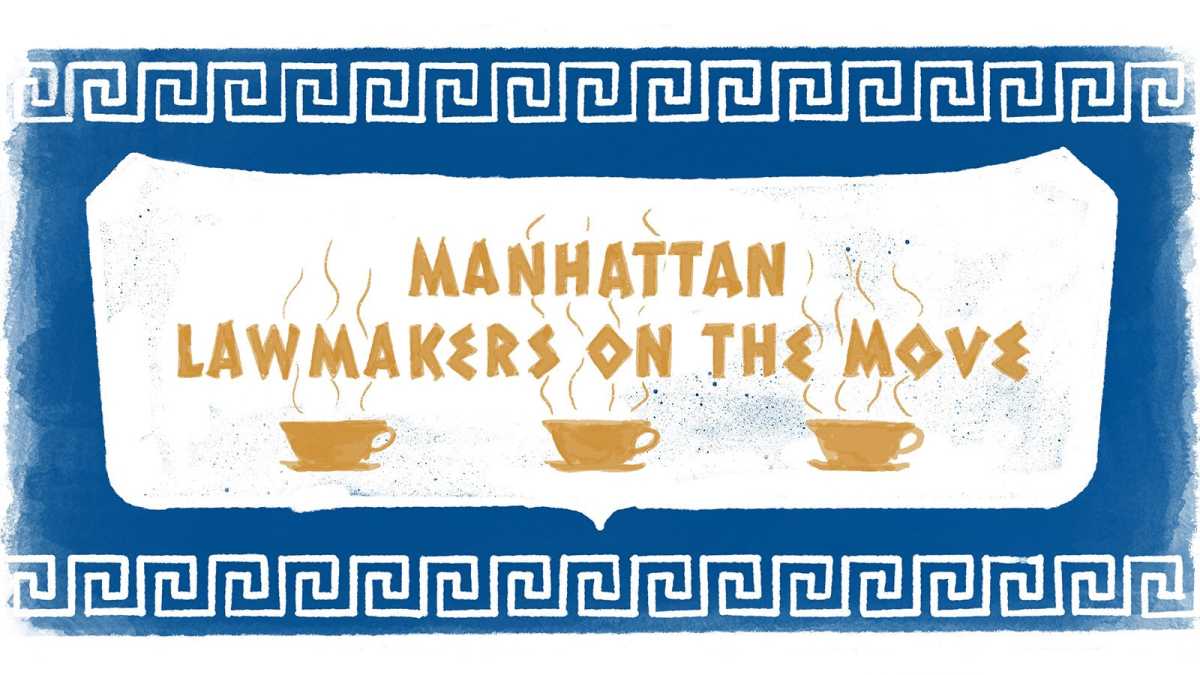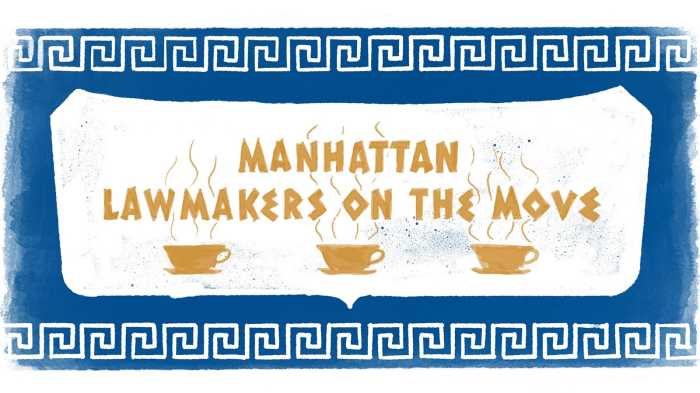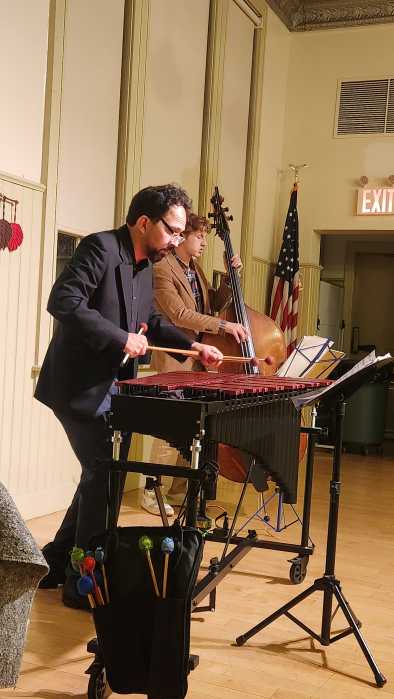Espaillat, Warren Demand Swift Senate Action on Housing Assistance Bill
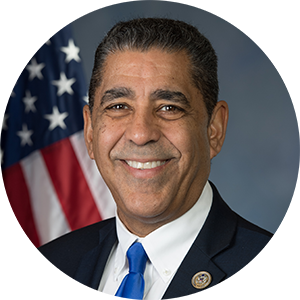
Yesterday, U.S. Reps. Adriano Espaillat (D-Manhattan, Bronx) and Elizabeth Warren (D-MA) urged the Senate to quickly pass the Housing Survivors of Major Disasters Act.
The bill clarifies which households are eligible for housing assistance after natural disasters, including Hurricane Maria. To be eligible, a person or family must be currently inhabiting a property in an area where a major disaster occurred; however, they cannot be the owners or renters of the property. The bill passed the House on Nov. 17 and is awaiting a vote in the Senate.
“The federal government’s failed response to Hurricanes Maria and Irma’s devastating impact on the people—and island—of Puerto Rico has proven to be a illustration of the harm that outdated relief programs and congressional gridlock can have on a community,” said Espaillat. “And the continued suffering from these storms, particularly in Puerto Rico, compel the Congress to address the barriers and pitfalls of federal disaster assistance programs, which have often failed to meet their stated objective: to help natural disaster survivors rebuild their lives and homes.”
James Cautions New Yorkers Against Rise of Revenge Porn in COVID-19 Era

New York Attorney General Letitia James (D) issued an alert yesterday to help New Yorkers protect their privacy when engaged in intimate online conversations.
As we enter the second wave of the pandemic, an increased number of New Yorkers are dating virtually and sharing intimate conversations with their partners via video chat. Unfortunately, this trend has coincided with a rise in what’s commonly known as “revenge porn”; some users have taken screenshots of their conversations and used them as blackmail against their partners.
As such, James recommends that New Yorkers take the following actions to protect themselves:
- Obscure your face and any other distinguishing features in intimate photos;
- Exclude identifying information from your online profiles;
- Use dating apps with safety features, such as the ability to delete images from a recipient’s inbox.
“Revenge porn is a vicious form of humiliation and control that disproportionately affects women, and we will continue to fight this cruel form of degradation in New York state,” said James. “As New Yorkers continue to social distance during the coronavirus pandemic, we urge all who are sharing intimate and private pictures to follow these tips to protect themselves. We also warn anyone thinking of sharing revenge porn and exploiting their partners to think twice, as we will work with local law enforcement to prosecute all individuals engaging in the illegal act to the fullest extent of the law.”
Stringer Takes Action to Force City to Comply with COVID-19 Preparedness Investigation
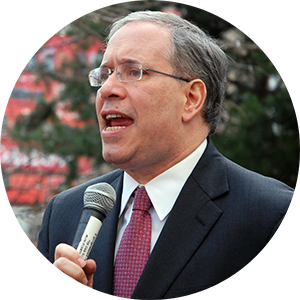
City Comptroller Scott Stringer (D) took court action yesterday to force the City to comply with a subpoena issued in accordance with his investigation into New York’s COVID-19 preparedness and response.
After months of stalling from the City, Stringer petitioned the New York County Supreme Court to issue a court order forcing the City to comply with the subpoena. The petition details how City officials refused to cooperate with his investigation and stymied the release of pertinent documents.
“New York City was the epicenter of the pandemic, and thousands of our loved ones lost their lives to this horrible virus,” said Stringer. “My office launched an investigation into the City’s preparedness for and response to COVID-19 so that we can learn from our past experiences and improve on them as we continue to battle this pandemic. New Yorkers deserve answers about what our City knew about the virus, when we knew it, and what we did about it. But instead of timely providing documents and being fully transparent, City Hall has continually delayed disclosures and thwarted the truth. Six months after our investigation began, the Administration hasn’t produced a single document from City Hall and has repeatedly impeded our efforts and failed to provide the documents necessary to execute our investigation.
“As we stare down a potential second wave, the investigation has only become more vital. With every delay, every obstruction, and every attempt to escape oversight, the City is denying New Yorkers the open and honest government they deserve. My office won’t stand for it.”
Levine Calls for Public Banking in NYC

Councilmember Mark Levine (D-Manhattan Valley, Manhattanville) recently co-wrote an op-ed with New York Working Families Party Co-Chair Bob Master, arguing for a shift from a private banking system to a public one.
The COVID-19 crisis has exacerbated existing wealth inequality; over a million New Yorkers have lost their jobs, while the richest 1 percent have only gotten wealthier since the pandemic began. Levine and Master argued that at least some of the blame lies at the feet of private banks. For instance, when the Paycheck Protection Program (PPP) started, large banks prioritized their establish customers for PPP loans, while neglecting small businesses in communities of color.
“Public banking offers a better way,” they wrote. “A bank created and controlled by our city government would be driven not by profit motive but by the public interest. It would provide an alternative depository option for some of the City’s own cash holdings—funds that could be used to support the kinds of public interest projects that are too often shut out of loans by mainstream banks. A public lender could support affordable housing developers, MWBEs, worker cooperatives, renewable energy projects, community land trusts, and other equitable economic development initiatives.”
Read the full article here.


